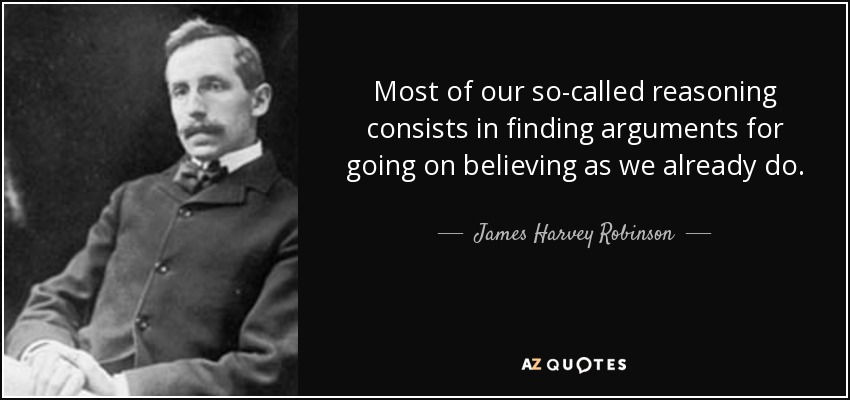Give Them a Reason to Need It
- Rachel Mane

- Jan 11, 2020
- 2 min read
Back in October I had the privilege of attending a problem-solving workshop at ESC Region 20 featuring Robert Kaplinsky and since then I keep thinking about his words. He presented on “6 Signs of an Unforgettable Lesson” and I was so inspired by it. Why not give students are reason to need the math? Why not have students excited to have an easier way to solve a problem or learn about a function they did not expect?
I am in the midst of planning for an upcoming unit training for Algebra 1 on quadratic functions and creating an anchor lesson to present to teachers. I used Mr. Kaplinsky’s message to drive the design of the lesson and really give students a reason to learn about quadratic functions. I wanted students to be presented a situation and ask them how it compares to the functions they have learned this year so far. I wanted the situation to be applicable to their lives yet include information they may not know. One of the statements in the presentation was “you remember things more that you did not expect” and I wanted that to be incorporated into this lesson. I ultimately decided on a fundraising situation that related to optimization of revenue where the given table shows the values increasing then eventually peaking and decreasing, hence a quadratic. My goal is to have students question why the revenue decreases and why the scatterplot is the shape that it is. I have yet to use this lesson with students so it may need some tweaks but I will be happy to share once it is presented.
I found as a teacher, I felt students needed to know all about a function, the vocabulary, the key features, the domain and range etc. before they could get in to some real-world situations that model that function. I have been reflecting about my years in the classroom and how often the real-world modeling and word problems came at the end of the unit. Why not put this at the beginning? If a student can start with a situation where they need the new knowledge to solve the problem they are more likely to make connections to that new learning. It also gives a point of reference throughout the unit as we begin to peel apart the features of the function and solve equations of that function. As I am writing this I am already thinking of how to apply this concept to other units as well and the impact it will have on those units.
I would love to hear of other lessons that were designed to build up to students needing a reason to use the math that was targeted.


Comments